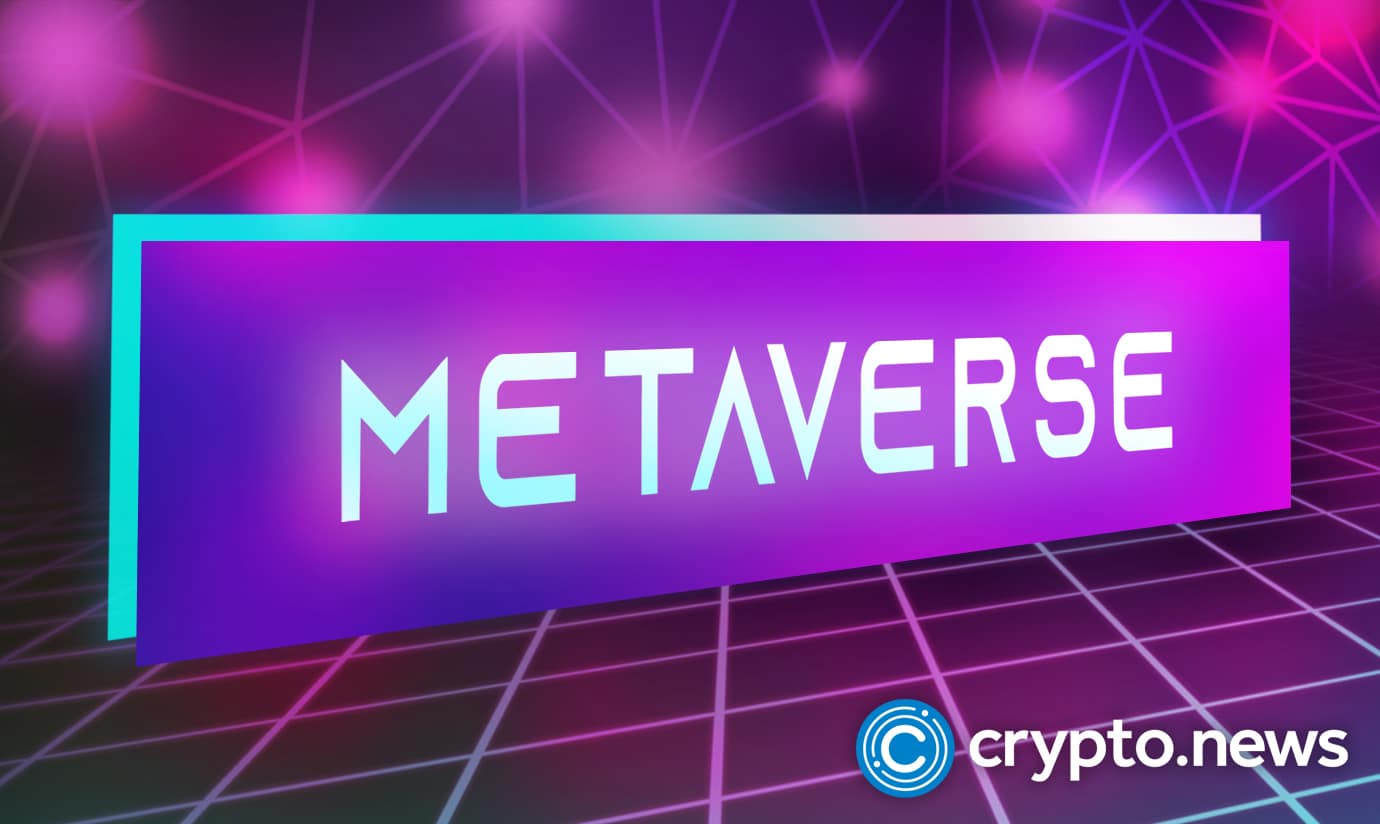Beijing Lays Out a 2-Year Innovation and Development Strategy for the Metaverse

The Beijing Municipal Government has announced a 2-year metaverse innovation and development plan, which runs from 2022 to 2024. Accordingly, every district must follow the Web3 Innovation Plan proposed by the municipal government.
Beijing Government Ready for Metaverse Adventure
The new metaverse development plan aims to drive technology integration that would push for the adoption of Web3 Internet usage. The plan is designed to encourage the development of the industrial metaverse and position Beijing as a digital economy hub.
Moreover, all districts must build innovative technological infrastructures with use cases in Beijing’s education and tourism areas. The project will also utilize technical tools like the geographical information system and 3D visualization to create a digital urban development framework. More importantly, the metaverse plan will enhance the design of the digital native intellectual infrastructure.
Furthermore, all counties and municipalities within Beijing are also directed by the Metaverse Action Plan roadmap to provide monetary and workforce assistance for creating virtual reality projects. The authorities also call for the study of the Sandbox Regulatory Initiative and other trends in the NFT to be tracked.
China is well known for its hard stance on the use of cryptocurrency. However, this does not deter the Beijing municipal authorities from showing some interest in the metaverse environment since last year.
Some of China’s notable cities have already planned their virtual ecosystem adventures. Before Beijing announced its metaverse move, Shanghai had already unveiled its five-year development plan to venture into the digital economy. Meanwhile, the interest failed to yield any major regulatory breakthrough as private firms also explored the space.
China’s Restrictive Policy on Digital Assets
The country is notorious for censoring everything, from social and economic to innovation. The explosion of blockchain technology has briefly disrupted the Great Firewall that oversees every internet activity in the country. International blockchains and cryptocurrency have impacted the non-fungible tokens (NFT) marketplace, looking to expand into the Chinese territory.
With the ban on crypto and NFT backed by Ethereum, the government is offering alternative services that could replace the former, subject to adhering to the same censorship regulations. Despite the restrictions on the alternative service, content creators, designers, and artists can have other ways to monetize their services.
Moreover, the state-sponsored blockchain network, the China Blockchain-based Service Network (BSN), has displaced international blockchain services. It is now the go-to tool for users looking for digital services and willing to comply with the regulations.
Despite the positive outlook of the Chinese government’s initiative, it has stifled the growth of established NFT services providers like Tencent and Alibaba. The former has to close down its NFT platforms due to declining sales. Similarly, the latter also hid its NFT marketplace after launch due to fears of a crackdown from the authorities.
Meanwhile, the Chinese government’s increasing interest in Web3 technologies could help expand the adoption of the industrial metaverse. Still, it comes at the expense of privately-owned firms looking to operate in the country.















